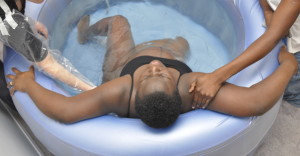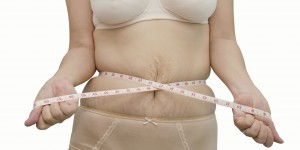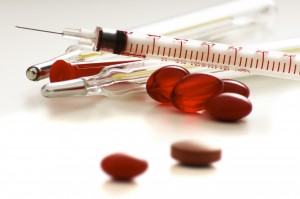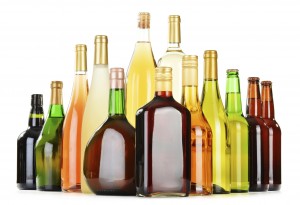
What Are the Pros and Cons of Water Birth?
Far too many mothers know firsthand the frequent pitfalls of giving birth in a regular hospital, on a bed. The pain can be excruciating, often prompting women to use hospital-administered drugs. The baby can take many hours to come. An episiotomy may be performed. The obstetrician may rupture the amniotic sac with a stick in an attempt to speed up a slow labor; but tearing the amniotic membrane can lead to other complications.
Read More







